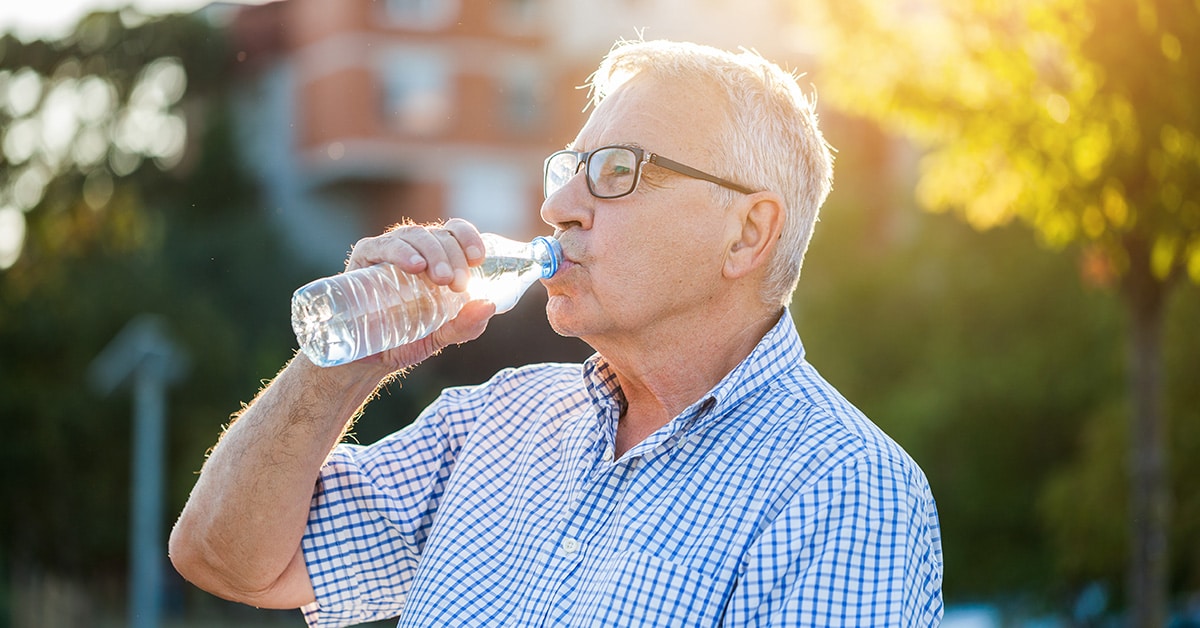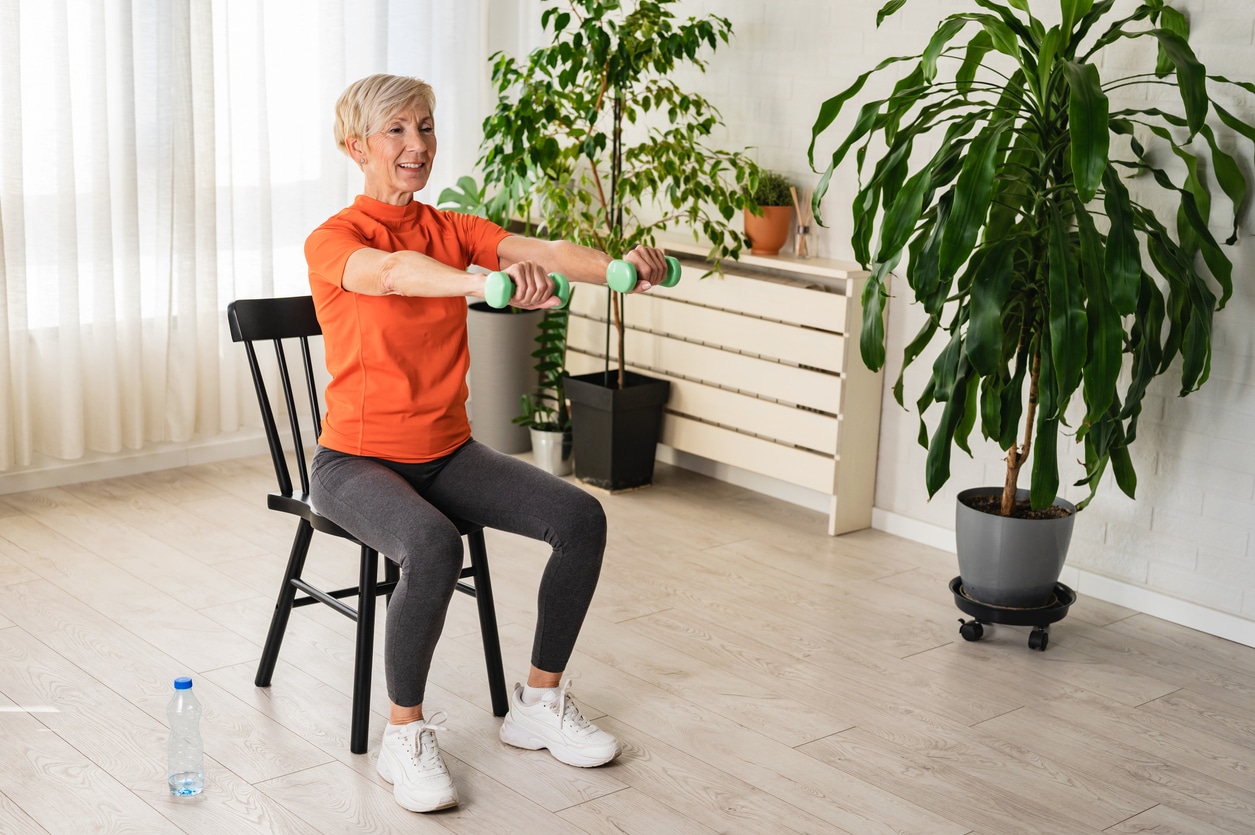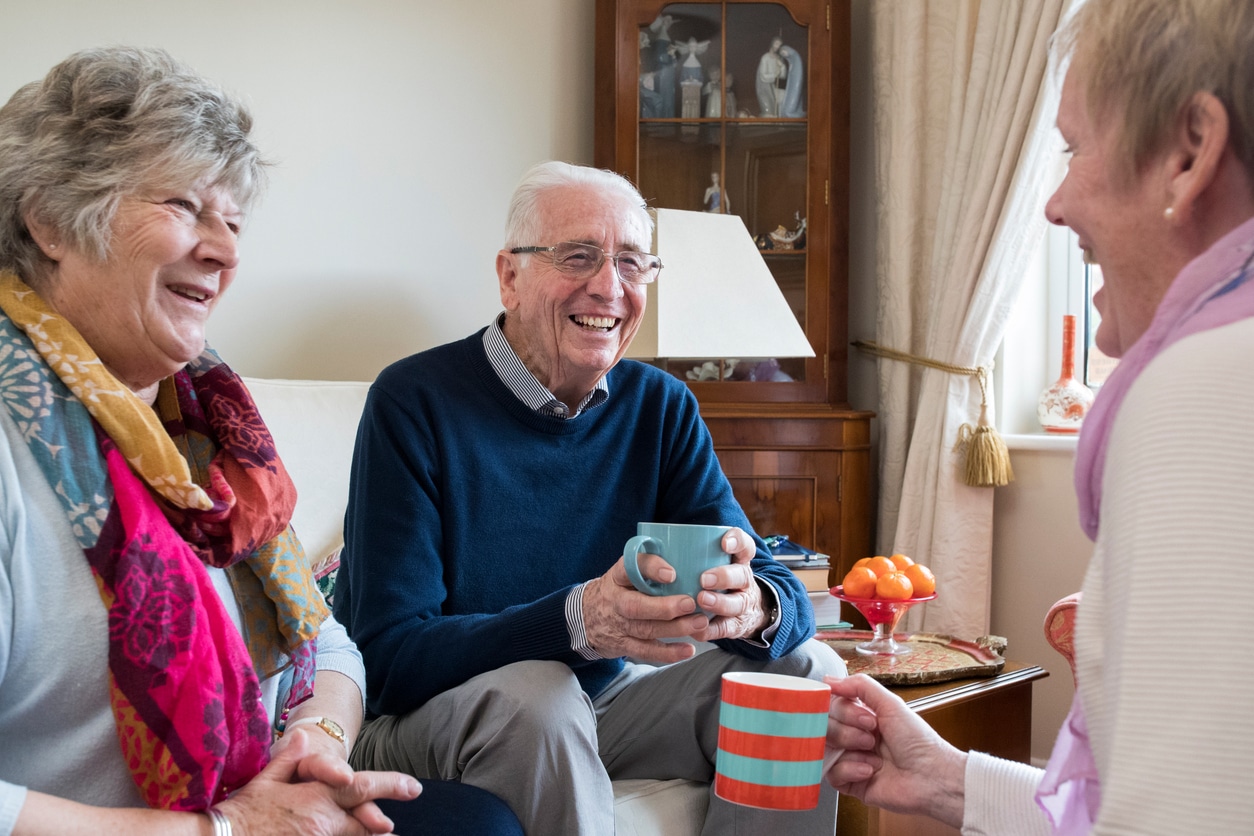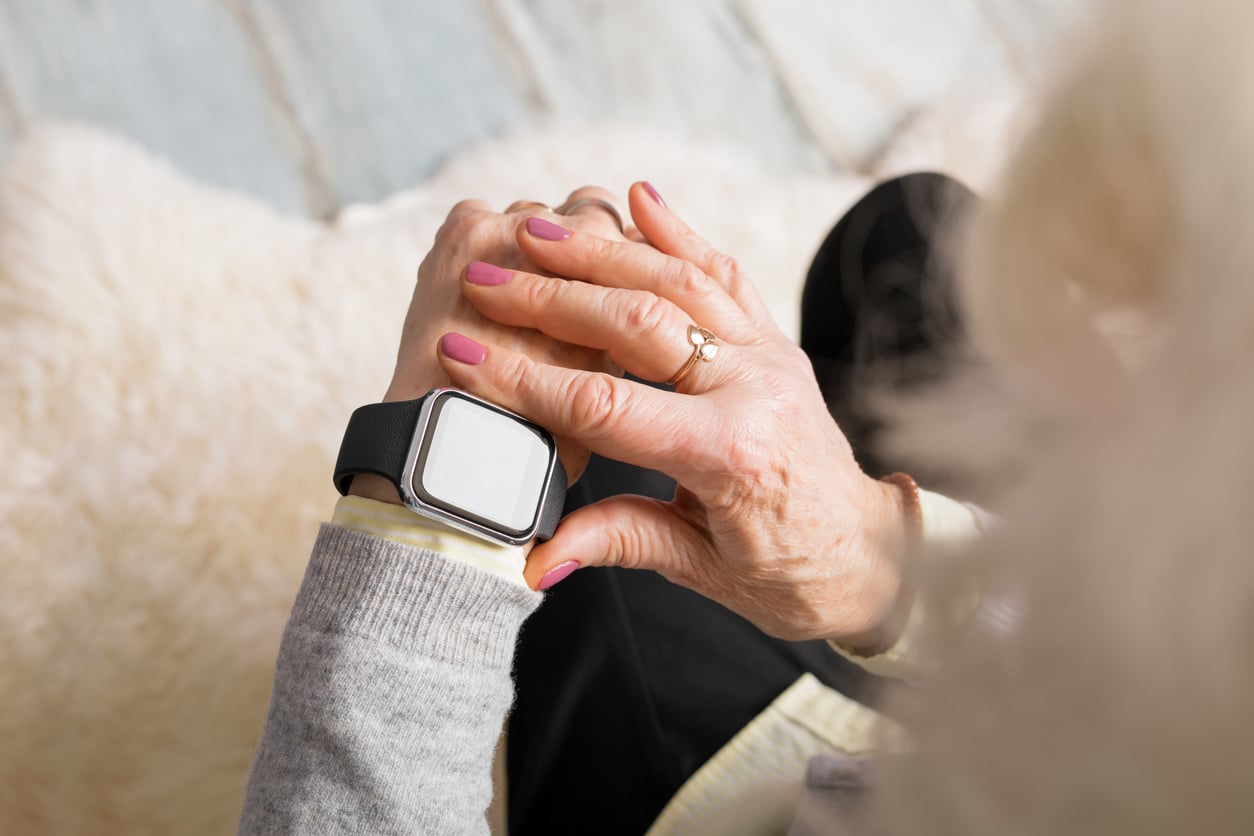Is “drink more water” your mantra? If not, maybe it should be: Studies show that while people can attribute 75 percent of their body weight to water, they need to keep replacing the fluids they lose just through normal activity to avoid dehydration.
According to the Mayo Clinic, there are many reasons why seniors are more susceptible to dehydration. “Your body’s ability to conserve water is reduced, your thirst sense becomes less acute, and you’re less able to respond to changes in temperature,” the clinic states.
How Prevalent Is Dehydration in Seniors?
According to recent research, up to 25 percent of seniors living independently don’t drink enough. The research also shows that dementia and continence issues are linked with dehydration. One of the reasons seniors dehydrate faster than younger people is that their bodies have lower total water content. To combat dehydration, here are 10 tips for incorporating more liquids into your daily life.
10 Tips to Stay Hydrated
1. Avoid soda, coffee, tea, and alcohol.
Your body needs fluids, but not all fluids are equally beneficial. Caffeinated beverages such as coffee, tea, and some sodas have a dehydrating effect. The same is true for alcohol.
2. Keep a water bottle handy at all times.
Because seniors can have a diminished capacity to recognize thirst, and some seniors might have difficulty moving around, keeping a full water bottle with you will remind you to drink up each time you look at it.
3. Drink a full glass of water with any non-meal-time medication.
If you take non-mealtime medication three times a day, this will automatically get you three glasses of water.
4. Replace water lost through environmental factors and exercise.
Since water is lost through perspiration, keep a water bottle with you when you exercise and when you’re outside in warm weather.
5. If you hate the taste of water, add a little natural flavor.
There’s no need to pay for fancy water. Add a squeeze of fresh lemon, lime, or orange to flavor your own water. For more variety, try putting some sliced melon or cucumber into a pitcher of water.
6. Eat foods with high water content.
Fresh fruits and veggies, along with broth, gelatin snacks, ice pops, and Italian ices contain lots of water — and they can help hydrate you.
7. Drink throughout the day.
Consistent hydration is better than flooding your system with a large quantity of water all at once.
8. If you start to feel sick, start sipping water immediately.
Vomiting and diarrhea can dehydrate you. If you can’t tolerate water, suck on crushed ice or an ice pop.
9. Use a straw or squeeze bottle.
Either method can help when you’re not up to sitting up and drinking directly from a glass.
10. Set an alarm or write yourself sticky notes.
Independent seniors need to remind themselves about hydration, and setting alarms at intervals throughout the day can help. You can also leave sticky notes around your home to remind you to drink more water.
Extra Insurance for Independent Living
If you value your independent living but want a little extra insurance against the effects of serious dehydration, consider a medical alert system. Simply press a button and a professional response team will contact your family and/or neighbors. If your dehydration is severe, they’ll summon help for you.
Severe dehydration is serious — even life-threatening. To avoid dehydration, incorporate the tips above into your daily routine to stay healthy and hydrated.




